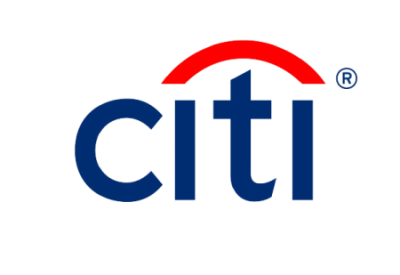
To create long-term sustainable value for businesses and society as a whole, more and more companies, including small and medium-sized enterprises (SMEs), are adopting Environmental, Social and Governance (ESG) criteria to evaluate their business development and investment decisions. In fact, the United Nation’s Sustainable Development Goals are calling for all countries and stakeholders to adopt actions to end poverty and promote prosperity while protecting the planet – in essence the principles of ESG.
Since January 1, 2017, listed companies in Hong Kong have been obliged to disclose their ESG information by following the ESG Reporting Guide issued by the Stock Exchange of Hong Kong. Although it is not a mandatary practice for non-listed companies, the reporting requirements and subsequent amendments have driven some local SMEs to attempt to embed ESG factors into their business models and strategies to promote long-term business growth and open up new opportunities. Nevertheless, many of them simply copy large companies’ practices, which usually results in failure, while others may not have the awareness, resources and/or capabilities to enable them to advance with ESG.
As of June 2021, there were over 340,000 SMEs in Hong Kong, accounting for more than 98% of the total business units. SMEs account for the lion’s share of the local economy and their commitment to adopting the ESG principles is crucial for the development of Hong Kong into a more sustainable economy. At Citi, our ESG commitments are an essential part of our firm-wide strategy, deeply integrated into our business and long-term priorities. Many of our business units have expanded their capacity and capabilities to serve the growing ESG-related needs of our clients, and we have established dedicated ESG-focused bankers and broader teams. As a global bank, Citi believes it is important to take a leading role in helping SMEs to achieve those sustainable development goals.






